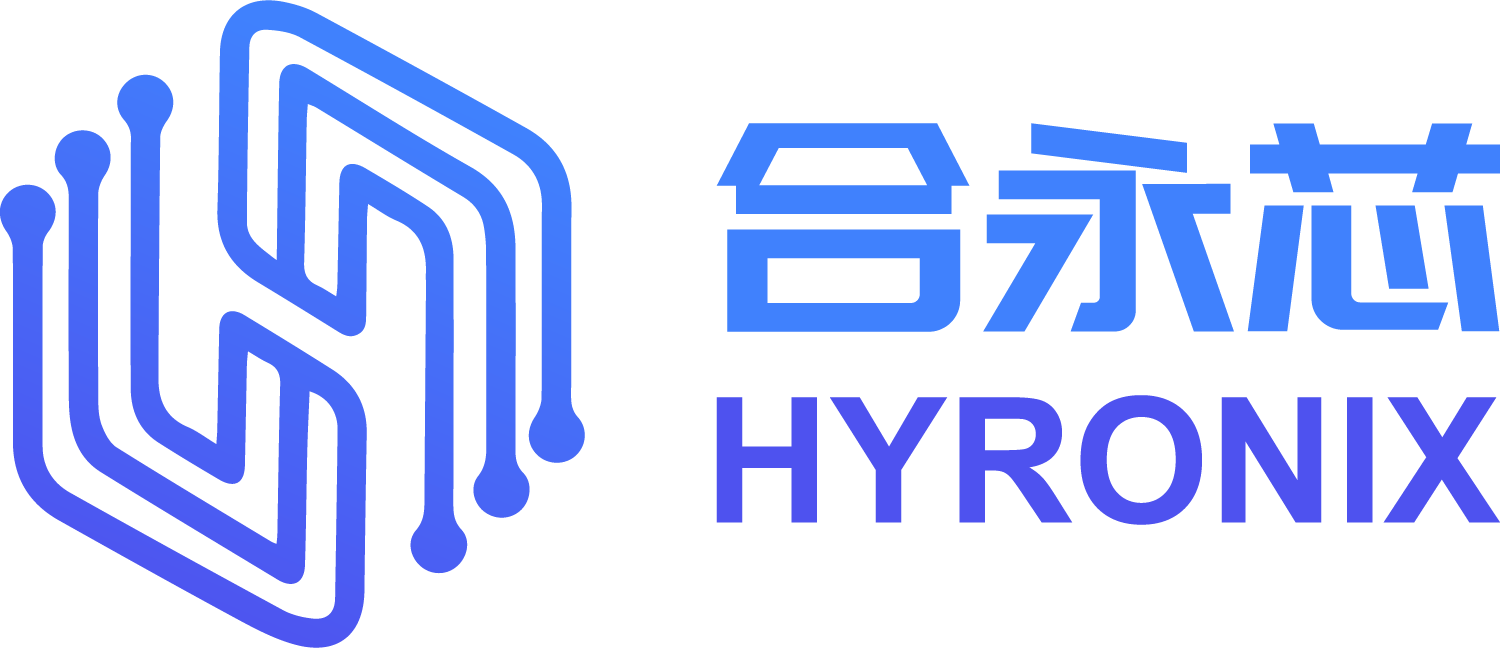The construction of pilot demonstration projects for intelligent manufacturing has been completed for three sessions. In 2017, the Ministry of Industry and Information Technology announced 98 pilot demonstration projects for intelligent manufacturing. Over the past three years, with the strong promotion from the Ministry of Industry and Information Technology, combined with the industrial Internet pilot demonstration projects that were separated from the Ministry in 2016, including the manufacturing cloud platform, the number of intelligent manufacturing pilot demonstration projects has reached and exceeded the target stated by Huai Jinpeng from the Ministry, which was to cultivate 100 pilot demonstration enterprises for intelligent manufacturing by 2018.
In 2016, OFweek Industry Research Center stated that in summarizing the characteristics of the smart manufacturing pilot demonstration projects, the concept of smart manufacturing would expand in breadth and depth in 2017. Here, we will review the trends of smart manufacturing pilot projects over the past three years.
From the perspective of regional distribution, except for a few provinces, the distribution of pilot demonstration projects for intelligent manufacturing in 2017 has gradually expanded to the national level. Among these, Zhejiang, Jiangsu, Anhui, Henan, Hunan, and Guangdong provinces have achieved remarkable results in the construction of pilot demonstration projects, with an increase of more than four projects; Gansu, Jilin, and Qinghai provinces have achieved a breakthrough with zero projects; at the same time, project distribution is concentrated in the Yangtze River Delta and Pearl River Delta; outside of Shandong, the growth rate of pilot demonstration projects in the Bohai Rim region is not as fast as that in the Yangtze River Delta and Pearl River Delta.
From the industry distribution of the pilot demonstration projects for intelligent manufacturing, it can well reflect the trend of intelligent manufacturing developing in depth and breadth. In addition to traditional industries such as automobiles, food and beverages, chemicals, electromechanical, textiles and clothing, home furnishings, and cables, the projects in 2017 involved the addition of popular industries such as batteries (lithium batteries), remote operation and maintenance, new materials, instruments and meters, robotics, and intelligent manufacturing projects in traditional industries like deep agricultural processing.
From the perspective of the efforts made by various regions in constructing smart manufacturing pilot demonstration projects since 2017, it is expected that in 2018, regions will continue to develop steadily based on their existing experiences with smart manufacturing pilot demonstration projects. Among them, guided by the concept of the “Belt and Road” initiative, smart manufacturing projects in the central and western regions are likely to grow faster than those in the eastern regions, relying on infrastructure and high-end equipment. In particular, Guizhou is expected to achieve breakthroughs in smart manufacturing projects in industries such as big data, display technology, and beverages; Sichuan and Chongqing will focus on breakthroughs in intelligent complete equipment, automotive, robotics, and consumer electronics sectors. Moreover, from an industry perspective, the demand for smart manufacturing is expected to arise from industries with higher needs for personalization and flexibility, including C-end industries like clothing, food, housing, and transportation, as well as B-end industries related to supply chain scenarios. Accordingly, the OFweek Industry Research Center believes that in 2018, smart manufacturing will trend towards these industries.




